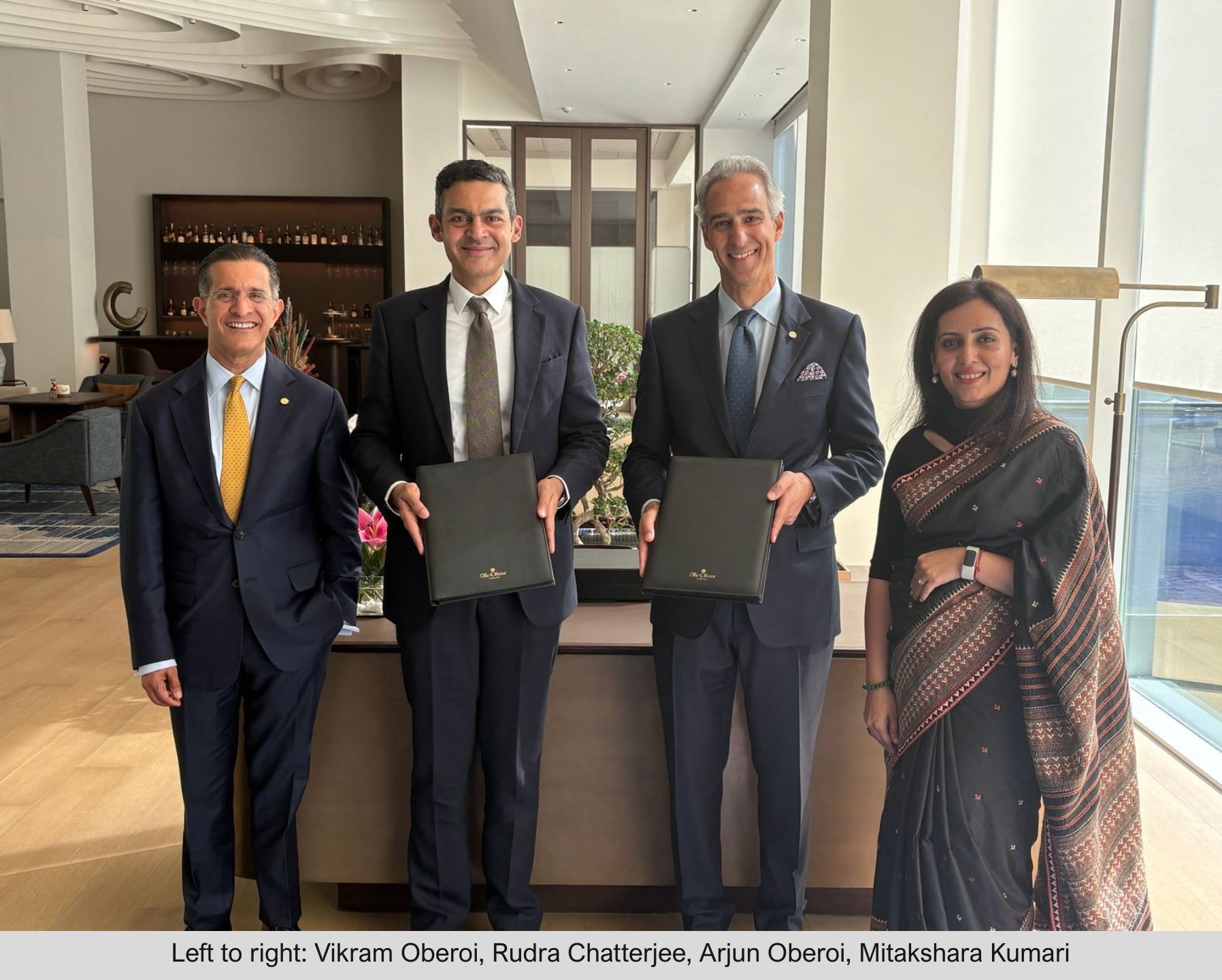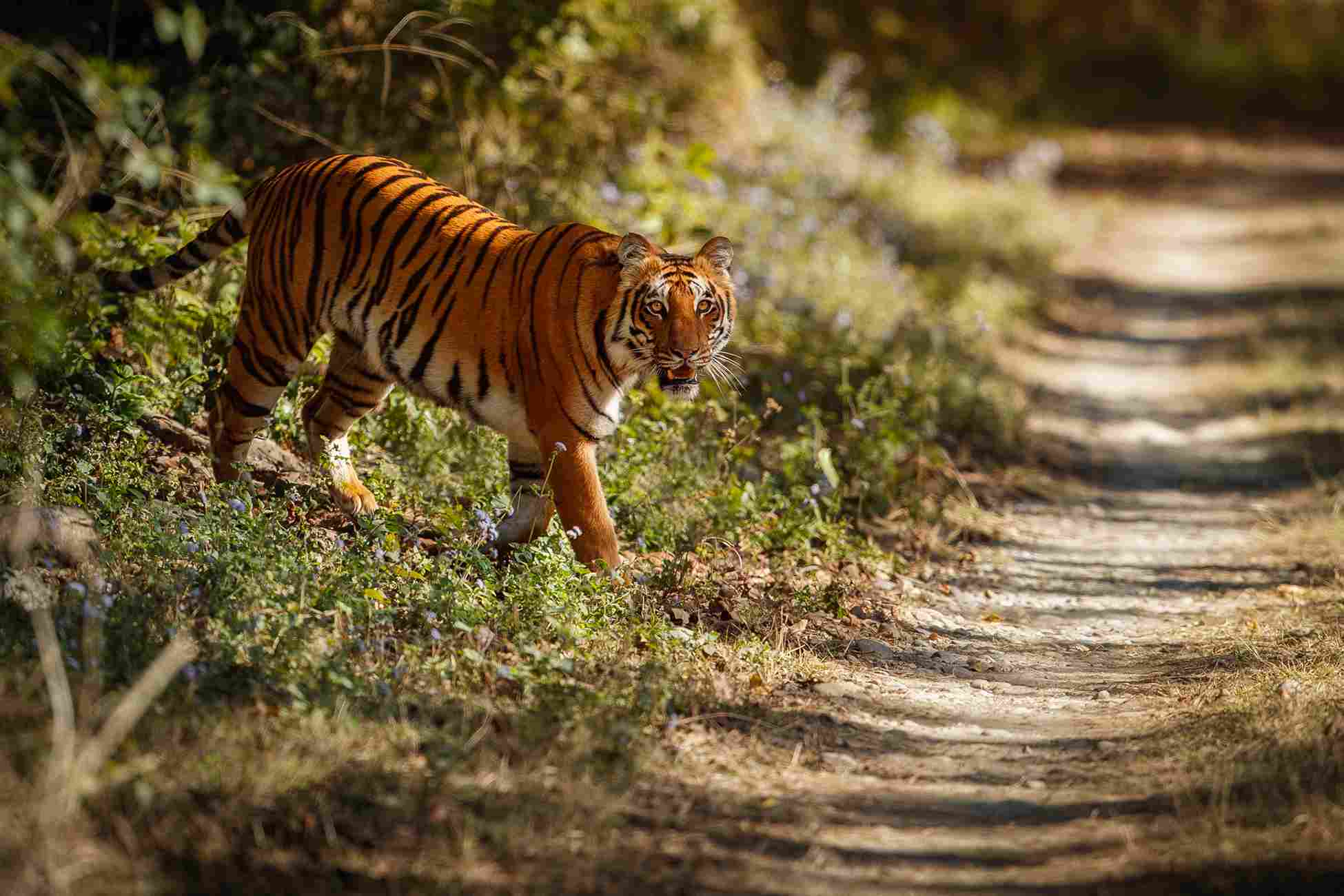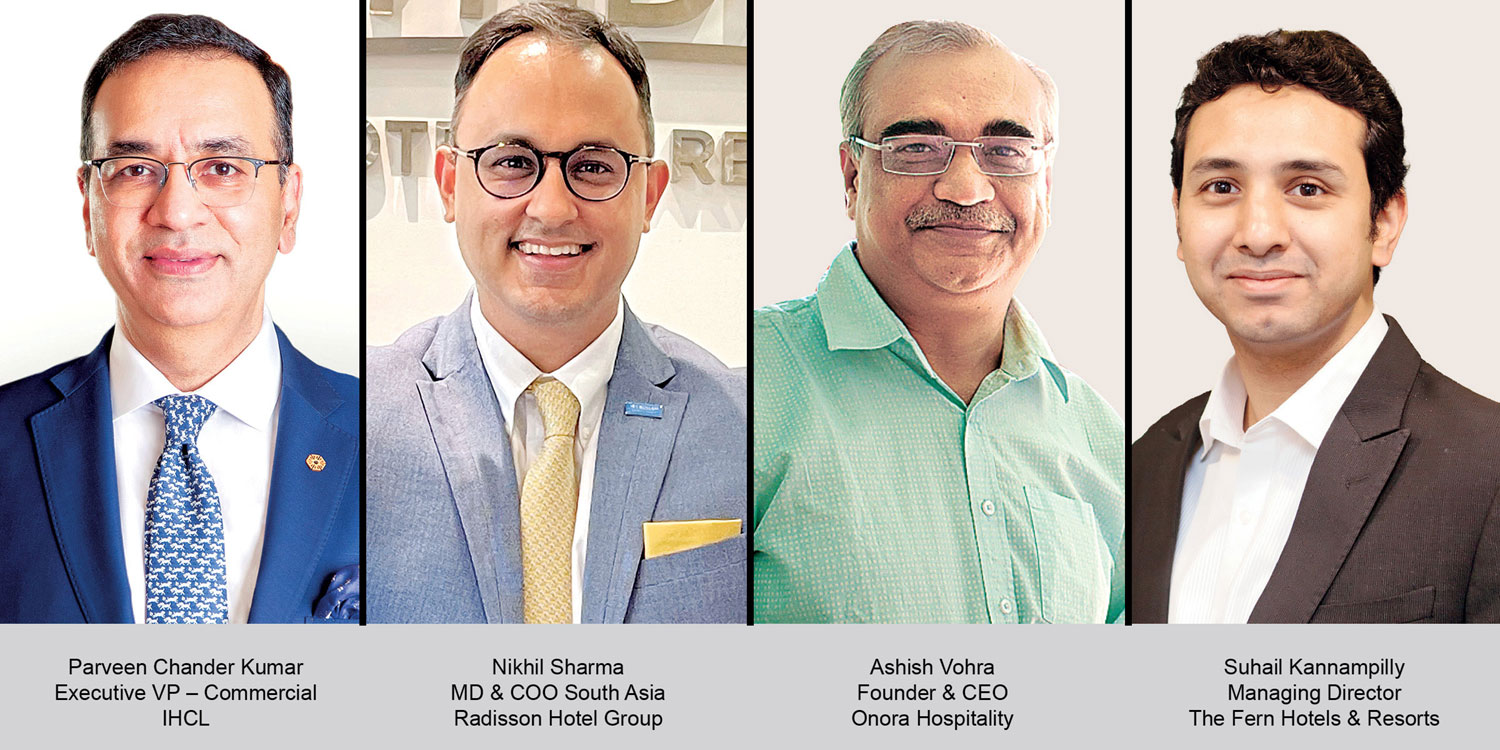While a lot is being done at India’s national parks, a lot more can be done to ensure we offer a quality wildlife experience to visitors. There is a need to conduct high-quality training programmes for naturalists across the country, and help create the demand that our national parks are capable of.
Hazel Jain
The Kaziranga National Park is one the most famous and popular wildlife parks of India and is the pride of Assam. For a number of practical reasons like monsoon season and resultant annual floods that submerge large portions of the national park, the duration of visiting season is only six to seven months, especially during the annual winter holidays.
Nirmalya Choudhury, Executive Director (Operations), JTI Group, which operates a hotel close-by called the Diphlu River Lodge, hopes that there will likely be some changes when the park opens again next time, hopefully in October or November 2020. “The opening of the Kaziranga National Park is likely to be subject to the strict adherence to physical distancing guidelines. The park authorities should work in association with local, state and national tourism associations as well as state tourism authority to introduce guidelines for this while ensuring an excellent overall wildlife experience.” JTI Group has three brands under it: Jungle Travels India, Assam Bengal Navigation, and Eastern Odyssey. The Diphlu River Lodge is part of the JTI Group and caters to a lot of wildlife tourists.
Choudhury feels that the Kaziranga National Park authorities do a fantastic job of protecting the park. But they can consider adopting interesting and interactive means to educate the visitors on various unique aspects of Kaziranga and the simple responsible measures to be adopted by the visitors during their safari rides. “They can also consider providing clean toilets at the entrance of all the ranges of the park. As a hotel, we do have to face the annual floods which the national park has to endure every year. Our property also gets inundated every year during the monsoon. We have to incur considerable expenses for our post-flood maintenance of the property annually,” he adds.
A wholesome wildlife experience
For Choudhury, a wholesome wildlife experience also involves getting to know the local customs, practices and involvement of the people who live in the area. “A lot more can be done to ensure better interaction between visitors and the local people. Behind every quality wildlife experience is the hard work and skill of the accompanying naturalists and safari vehicle drivers. As the number of wildlife and nature visitors increase, the need for more high-quality training and nurturing facilities for naturalists is becoming more evident. Perhaps the forest authorities can collaborate with private stakeholders and institutions like WWF, WTI, BNHS and local nature conservation societies to hold training programmes across the country. Proficiency in English, Hindi and other languages will ensure easier interaction with visitors,” he says.
 TravTalk India Online Magazine
TravTalk India Online Magazine





